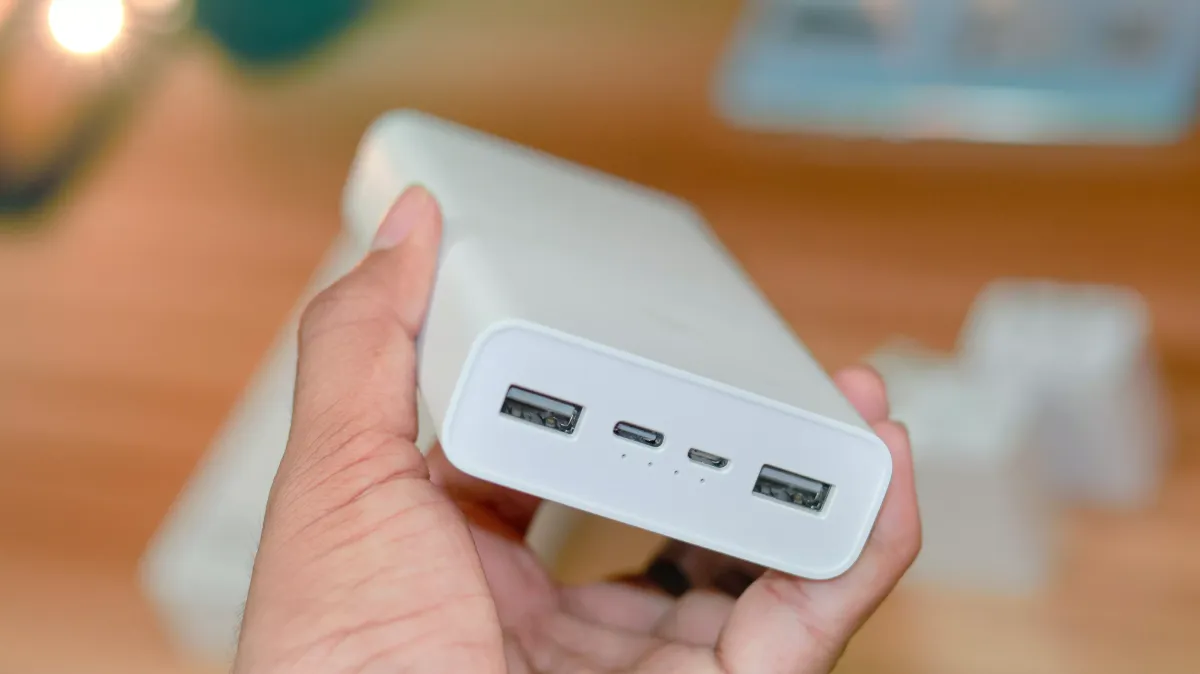Buy or Rent a Powerbank: What's better?
With the rise of technology and the need to stay connected, power banks have become an essential accessory for many people. They provide a portable energy source for our mobile devices, which is especially important for those on the go.

With the rise of technology and the need to stay connected, power banks have become an essential accessory for many people. They provide a portable energy source for our mobile devices, which is especially important for those on the go. However, the question arises: should you invest in owning a power bank, or is it better to share one with others? In this article, we'll explore the pros and cons of both options, helping you determine which makes more sense for you.
Powerbank Ownership
The most significant advantage of owning a power bank is convenience. You don't have to worry about finding a place to rent or borrow a power bank, and you can use it whenever you want without worrying about availability. Additionally, owning a power bank can be more cost-effective in the long run, especially if you use it frequently.
However, there are some drawbacks to owning a power bank. Firstly, they can be quite bulky and heavy, which can be inconvenient when traveling. Additionally, power banks can be expensive, especially if you're looking for one with a high capacity. Lastly, owning a power bank means you are solely responsible for maintaining and charging it, which can be a hassle if you have a busy lifestyle.
Powerbank Sharing
Powerbank sharing, on the other hand, provides a convenient and cost-effective solution for individuals who need a quick charge for their mobile devices on the go. The biggest advantage of powerbank sharing is the convenience and flexibility it offers. You can rent a power bank whenever you need it without worrying about the cost of ownership or maintenance. Additionally, powerbank sharing can be a great way to meet new people and socialize.
In the beginning, powerbanks were used by people who wanted a backup power source. But with the years going by, powerbank sharing became more popular and it wouldn't be possible if there was no demand for it.
Now, powerbank sharing can be found in different public venues such as shopping malls, airports, universities, arenas, and bars.
However, powerbank sharing also has some potential drawbacks. Firstly, it may not be available everywhere, which can be an issue if traveling to a new place. Secondly, there may be a risk of damage or theft if you borrow a power bank from someone you don't know. Lastly, powerbank sharing may not be as cost-effective in the long run, especially if you need to use a power bank frequently.
Which One Makes More Sense for You?
Whether powerbank sharing or ownership makes more sense for you depends on your individual needs and preferences. If you are a frequent traveler who needs a power bank on hand at all times, owning one may be the best option. However, if you only need a power bank occasionally or want to save money on the upfront cost, powerbank sharing may be the way to go.
Another factor to consider is the environmental impact of power bank ownership. If you care about sustainability, sharing a power bank can be a more environmentally friendly option, as it reduces the need for multiple power banks that can end up in landfills.
Conclusion
Whether you choose to own a power bank or share one depends on your personal needs and preferences. Both options have their pros and cons, so it's important to weigh them carefully before making a decision. Ultimately, whichever option you choose, the important thing is that you stay connected and powered up on the go.